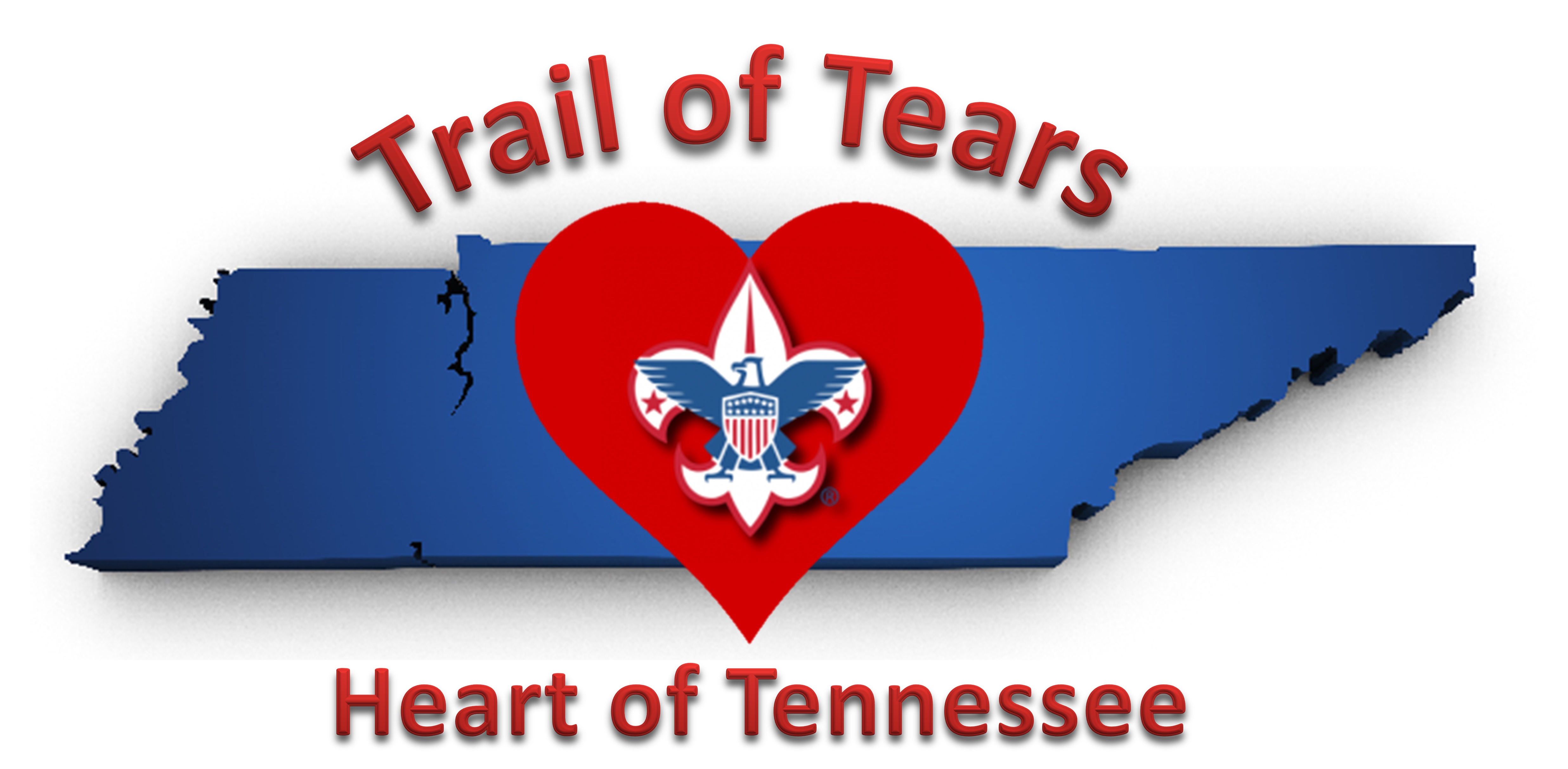
Dan Churay is the head of human resources for a major corporation in Houston. He’s also an executive committee member of the board of the Sam Houston Area Council.
Churay knows what to look for in a potential employee. At the top of that list: being an Eagle Scout. He recently explained his thoughts in a letter to Scouting magazine.
“Eagle Scouts are leaders with a built-in set of core values, a trained sense of how to achieve objectives with the resilience to persevere to overcome obstacles and roll with the punches,” Churay writes.
It’s an impressive, passionate missive on the value of the rank of Eagle. We encourage you to read it in its entirety at the bottom of this page. Here are just a few of the highlights:
Eagle Scouts are resilient
Churay writes about how Scouts’ “struggles” in the outdoors help them grow:
Scouts learn how to be resilient early on. These lessons are learned in middle and high school, long before any study abroad program. After a first campout in a thunderstorm, a Scout learns about leaky tents, muddy campgrounds, lack of sleep from the thunder and wet sleeping bags – not a pleasant experience, at first. But the next morning, the sun comes up, the sleeping bag and gear dries out, and a Scout can brag, “I survived!” Later this experience becomes a story of perseverance and resilience upon which the Scout can lean on as life throws other curves at him.
Eagle Scouts are learning agile
One of the great things about the Scouting program is that it helps its members learn a lot of different things about a lot of different things:
Scouts learn a lot. They are thrown into new situations and figure things out. Scouts are taught to survive in the wilderness by learning to pitch tents, apply first aid to cuts, navigate the forest, cook meals and paddle a canoe. Middle and high schoolers, most of whom are from cities and suburban communities, learn these skills with little or no previous exposure. Scouting through its merit badges exposes Scouts to new topics, some required, and some chosen. Even so, many of these topics are completely new to the Scout.
Scouts learn leadership
Before a Scout earns his Eagle Scout rank, a Scout has served in a number of leadership positions. Patrol leader, senior patrol leader, quartermaster and scribe are just a few positions for which Scouts serve on their way to earning their Eagle rank. … Older Scouts teach younger scouts. Learning wilderness skills, first aid skills, merit badges and doing projects requires that the older Scouts pass on their knowledge to younger Scouts. … Mentorship and servant leadership is ingrained in the Scouting movement. The best Scout troops are troops that allow the Scouts to run the troops with coaching from adult leaders. Like any skill, Scouts fail and learn leadership techniques through the coaching of their Scoutmasters and their assistants.
Eagle Scouts communicate
And it goes well beyond the Communications merit badge:
On the way to earning Eagle, Scouts learn to stand up in front of their patrols and their troops and make announcements and presentations. They learn to put on campfire skits or lead camp songs in front of groups. A confidence develops in this skill by these activities. Later in the Order of the Arrow, Scouts present at committee meetings or before a lodge of 200 or more Scouts. Scouts learn how to capture an audience’s attention and how to make their point. Public speaking becomes more and more natural.
In conclusion, Churay writes:
In my capacity as an HR and business executive, I hired many people, most of whom have learned their business and technical skill and leadership traits outside of the Scouting program. There is no doubt that Scouting is not an exclusive incubator of talent. … Even so, I have observed that Eagle Scouts have a special edge in leadership skills.
———
It’s an excellent, well-thought-out essay. You can read it here: Why I hire Eagle Scouts.
Powered by WPeMatico
